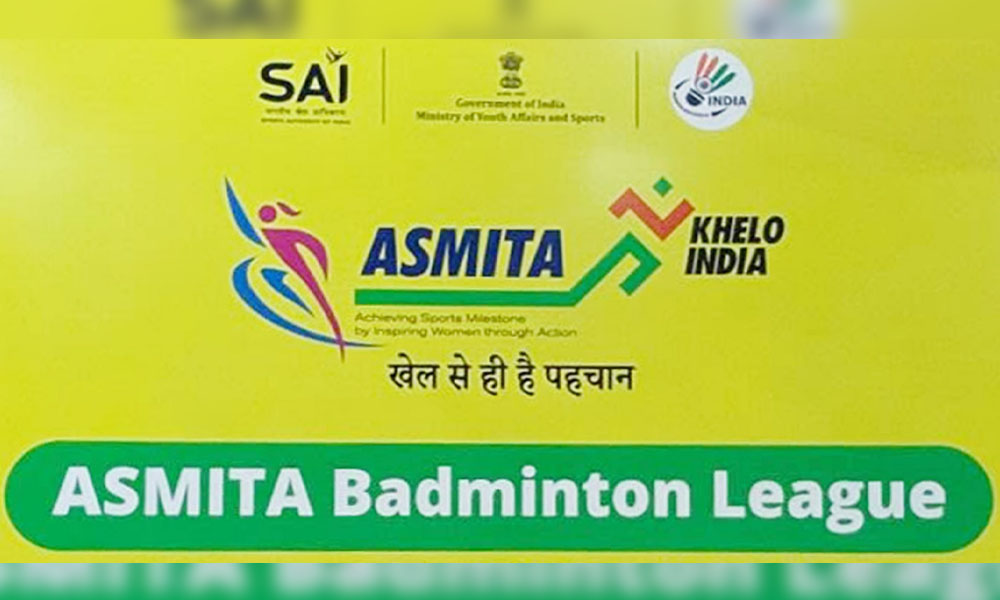On the other side, NASSCOM, a different organization, claimed that the proposed revisions follow a one-size-fits-all strategy and hence anticipate comparable results from highly disparate entities.
Digital
Desk: According to their submissions to the government, a number of
international and domestic industry groups that represent digital companies
have opposed the government's plan to establish an appeals body to examine
material takedown.
The government
issued the proposed Information Technology Rules, 2022, in June and requested
feedback from the public. A suggestion to establish a new content filtering
mechanism with a government-appointed committee having the last word on what
should or shouldn't have been taken down was one of the regulations' most
significant revisions.
The Federation of Indian Chambers of Commerce and
Industry (FICCI) asserted that the ability of intermediaries to monitor policy
compliance is constrained and that the new guidelines' suggested method of
moderation may force them to function as content arbiters. The body demanded
that the new clause be entirely removed.
An earlier statement made to the media by a
ministry official stated that they will examine the recommendations- the
deadline for which was July 6- and reply.
In its suggestions, FICCI claims that the
guidelines violate Section 79 of the Information Technology Act since they
appear to impose an obligation on intermediaries to proactively ensure
compliance with their terms and conditions. According to the submission
obtained by sources, FICCI replied to the ministry of electronics and
information technology that intermediaries would need to "ensure compliance"
and contradict the "actual knowledge" criterion.
On the other side, NASSCOM, a different
organization, claimed that the proposed revisions follow a one-size-fits-all
strategy and hence anticipate comparable results from highly disparate
entities.
The U.S.-India Business Council has drawn attention
to the ambiguity surrounding revisions, which raises issues for firms'
operating needs. They have asked for clarification on what is meant by the
phrase "accessibility" and what further steps the intermediaries must
take to fulfil their due diligence requirements.
"Private companies are exempt from the
application of the fundamental rights, and any user who believes that an
intermediary has injured them may file a lawsuit to have any contractual
obligations owed by the intermediary enforced. According to their statement,
"Private organizations are not normally compelled to advance the
fundamental rights of users recognized by the Constitution, such as the right
to free speech and expression.
The USIBC advice brought attention to the ambiguous
and constrictive timescale for a significant category of information, which is
similar to a stance stated by the Indian Mobile Association of India (IAMAI).
The statement read, "(The) 24 hours for suspension, blocking or removal -
seems unreasonable as this would involve removing or blocking content before an
inquiry can be finished and would ensure that an impacted party would not have
any time to oppose the action.
It further noted that, in contrast to current
provisions in the IT Rules that require brief timetables for particular
circumstances, the tight timeline does not appear to have any connection to the
urgency of the grievance.
The letter continued, "Furthermore, the
condensed timescale for takedowns offers implementation issues, including a
lack of time to thoroughly examine a user complaint, and a drain on resources
for smaller firms."
"We are appreciative that Meity has taken note
of some of these issues and has invited suggestions from the business and legal
communities on how to structure the appeal system, including giving the
business sector the authority to establish a self-regulatory organization. We
also value the clarification made during the stakeholder debate that the GAC
will serve as an interim organization until the relevant industry stakeholders
come up with an agreeable self-regulation solution.

















